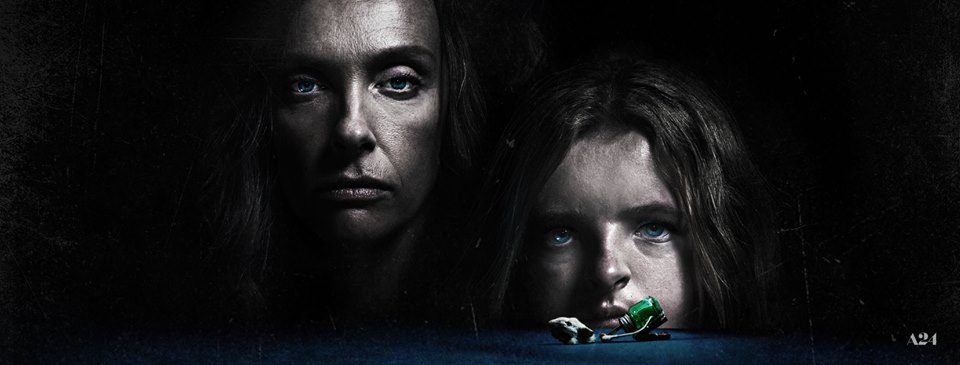
LOS ANGELES — The first thing writer-director Ari Aster felt after “Hereditary’s” midnight premiere at the Sundance Film Festival was relief that people didn’t hate it. Then headlines started popping up in the early hours of the morning declaring that the film had restored faith in the genre, that it was the most traumatically terrifying horror movie in ages, and that star Toni Collette should even get an Oscar nomination. The relief quickly turned to gratitude.
While film festival exaggeration is often real, “Hereditary” (out nationwide Friday) is living up to the hype. It has a 98 per cent “fresh” rating on Rotten Tomatoes and is primed to become a breakout summer hit for the first-time feature filmmaker.
Told with an assured precision, this story about the death of a matriarch and how her remaining family is affected is that unique brand of scary movie that doesn’t quite end when you leave the theatre, or sit down for dinner, or try to go to sleep. It’s the kind of movie that makes you wonder if you’ll ever be able to sleep again.
Perhaps it’s because Aster doesn’t think of his first feature as a horror film at all. He likes to describe it as a “family tragedy that curdles into a nightmare,” a statement that is somehow more bone-chilling than “horror.”
The soft-spoken 31-year-old had been struggling to get one of his scripts produced since he graduated from the American Film Institute in 2010. He made a few shorts that got some attention, but he was quickly burning through savings and starting to get bitter about his chosen industry. “Hereditary” was born out of this cynicism.
“I endeavoured to write a horror film because I figured it would be easier to get made,” Aster said with a laugh.
It wasn’t a bad strategy. Horror films are one of the few solid financial bets in the unstable business of making movies no matter what the quality, but even more so when they’re good (think: “Get Out,” “It,” “A Quiet Place”).
“I love the genre, I love what it can do but I feel like so many are produced so cynically and most of what comes out is not very good,” Aster said. “I thought, ‘What do I want from a horror film and how do I make something more substantial?”’
For Aster, that meant making sure people care about the characters: Annie Graham (Collette), an artist whose mother dies at the outset, her husband Steve (Gabriel Byrne), their son Peter (Alex Wolff) and daughter Charlie (film newcomer Milly Shapiro, who won a special Tony honour at age 10 for her role in Broadway’s “Matilda”).
“I wanted it to become a nightmare in the way that life can feel like a nightmare when disaster strikes — especially in succession,” Aster said. “All the horror elements are established in the first hour. Instead of these people serving as devices for the horror, the horror is always growing out of them and their experience and what they’re suffering through.”
The script came to Collette after she’d just told her agent that she didn’t want to do anything heavy for a bit.
“The murky, heavy stuff started to accumulate and I just wanted to make comedies and then he sent this and I was like, ‘aww (expletive),”’ Collette said. “(Ari’s) a brilliant writer and it was just undeniable … I just had to.”
A24, the studio behind “Hereditary,” “Moonlight” and “Lady Bird,” has already agreed to make Aster’s next film too, which he’ll start shooting later this summer — another genre film about death and strange happenings, this time in a remote Swedish town with “unique midsummer traditions.”
“Filmmaking has become so safe and it’s so contrary to what people really thrive on and yearn for, because ultimately they want an original voice, they want a strong, clear voice,” Collette said. “I’m really excited to see Ari’s work in the future. He’s the real deal with a clear, strong, exciting vision. He’s so talented.”